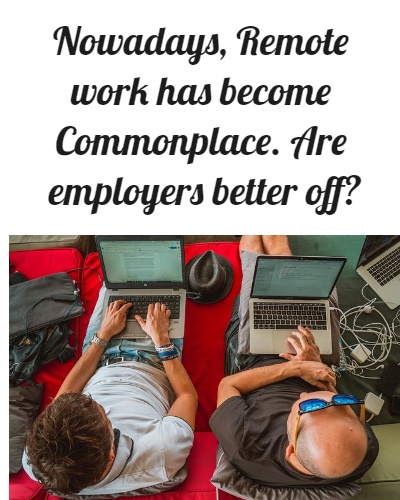How to Find Your Focus as a New CEO
Stepping into your new role as a CEO can be both exhilarating and nerve-wracking. Focus can be one of the hardest things to come by in your early days in the C-suite.
It’s true for a lot of new CEOs that focus is one of the last things that you’re worried about in the initial stages of your role. With a new job title comes new responsibilities, new worries, new management styles, and new teams to manage. But a new CEO role without a lack of focus can cause additional chaos as you try to find your footing.
Here’s how to find your focus as a new CEO.
Manage Internal Distractions
First and foremost, part of finding focus as a new CEO is to set boundaries for yourself. This includes managing internal distractions and things that may hinder your leadership.
Some easy strategies:
- Reduce tech interruptions by setting boundaries around your usage, alerts, and expected responsiveness over various tools like IM, email, or the phone.
- Express boundaries to your team around respectful use of your time – especially for staff meetings. If you find mornings are most productive for you to work on big-picture projects then kindly ask your staff to approach you for assistance or guidance after a certain time of the day (unless it’s an emergency). The pandemic has made this easier by allowing for hybrid work-from-home structures where CEOs can accomplish work or add focus with an alternate office location.
-
- Set boundaries for your time off and out of the office. If you have a more effective management style when you can disconnect every day – express your availability preferences to your team. Trust us, your employees will not be disappointed to know that their boss won’t be contacting them from the hours of 5 p.m. onward.
Remind Yourself of your Unique Value
A new role can often bring new fears or a new feeling of imposter syndrome. The role of the CEO at most companies never feels as secure as those below it. You’re at the top – which means you are often the first to go if performance isn’t meeting expectations.
It’s key to remind yourself consistently why you are in the position that you find yourself in. There’s a reason and it’s important to value yourself along with your team.
Some easy strategies:
- Practice mindfulness and gratitude throughout the day – many leaders find it powerful to carve out some time at the start of the day to help with intention-setting.
- Make room to celebrate your team’s wins over time. Create a safe space to walk down memory lane for achievements by placing memories of those moments into a folder on your desktop. Anytime you’re feeling the imposter syndrome kick in – open up the folder and check out some of the amazing things that you and your team have accomplished.
- Consider therapy or an unbiased third party for your mental health. Being at the top in C-suite leadership can be lonely and can often exacerbate feelings of isolation. Therapists or business coaches can be a great way to stay connected to your reality and to remain accountable to yourself and your health. The stigma around therapy is lessening — and many employees may even see it as a strength if they hear that you’re actively working on your mental health.
Foster Independence and Innovation
Behind every successful CEO is a talented team that has helped them get to (and stay) where they are. Fostering independence, creativity, autonomy, and engagement with your staff is one of the best ways to help you increase your focus as a new CEO. If your team is ready and willing to tackle challenging situations and execute day-to-day then it is one less anxiety on your plate in a C-suite leadership position.
Some easy strategies:
- Communicate clearly with your team regarding expectations. Strive to be fair, open, and transparent with well-communicated boundaries as a manager.
- Consider new management styles and which will work best with your existing team and business model. Research effective management strategies and techniques to continue to show up for your team daily.
- Ensure that adequate reward systems and compensation structures are in place for your employees. Listen to their feedback during challenging times of inflation, economic recession, or in a job market that’s red hot. The burden of employee turnover as a CEO can lead to a higher burnout rate and stress levels over time.
Are you ready for C-suite Leadership?
Do you have any other ways to increase focus as a new CEO? These are just a few strategies and techniques to keep your head in the game and continue to improve over time as a leader. CEOs are some of the most ambitious, innovative, and fiercely engaged people within an organization – remind yourself often of your “why” and consistently strive to be a better leader every day for your new team.
Please share with your colleagues & staff.
Gary Brunson
gary@myclearfocus.com
Debra Rider
debra@myclearfocus.com
574.361.2674
Sustainable Growth & Profit Consultant, Coach, Mentor and Counselor/Therapist for Business Owners and Professionals.




